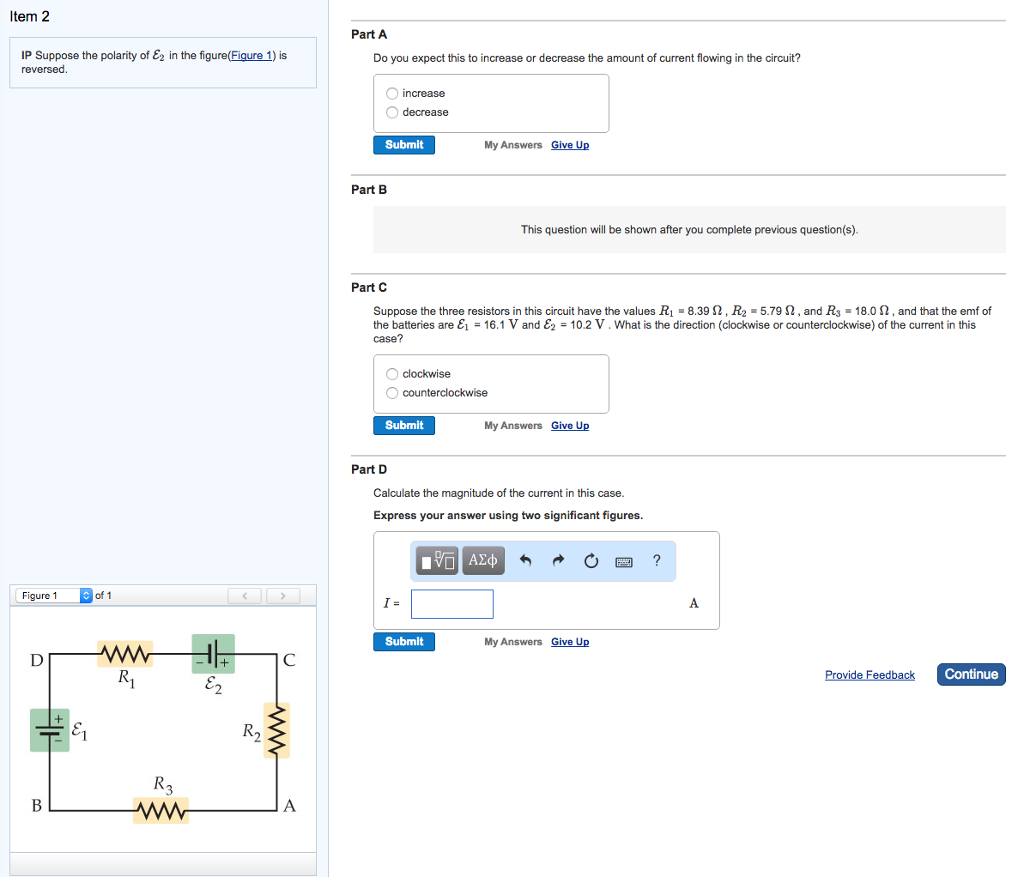

All the other comparisons except for the 14 comparisons from 56.3 to 57.3 and from 248.8 to 249.2 failed.įor epsilon 1.0-e04, the good range is from 0.0 to 62.2. All the comparison from 0.0 to 11.3 were successful. Let’s look at successful comparisons for epsilon 1.0-e05.
POLYTOOL FIND EPSILON WITH ERROR HOW TO
But, it doesn’t help us to come up with an idea how to improve the comparison function. The obvious thing is to increase epsilon.

That’s still bad, but a lot better than before. FAIL! : TestCompareFloats::testEquality()Ī meagre 1.26% of all conditions produced the correct the result. Running the test case yields another surprising result. bool floatCompare(float f1, float f2) const Just do the simplest thing that could work and use 1.0e-05 for epsilon. This is to small for the problem at hand, where the error is roughly 5.0e-06. float calculate(float start, float decrement, int count)įor (int i = 0 i provides a constant std::numeric_limits::epsilon() for this purpose. The important thing is that each of the subtractions may introduce a rounding error. The function calculate produces the result start - decrement * count. I’ll explain why the above “solution” is wrong, why another obvious “solution” is nearly as bad, and why even the Qt function qFuzz圜ompare can still be improved. The compiler tells us what is wrong, but not how to fix it. If we turn on the warning -Wfloat-equal, the compiler will warn us that comparing floating point with = or != is unsafe. The function calculate produces the result 10 – 0.2 * 45 = 10 – 9 = 1 – at least for human beings. When are the if-conditions in the following code snippet true? float actual = calculate(10.0f, 0.2f, 45) // 10 - 0.2 * 45 = 1 Comparing two numbers of type float or double in C++ and related languages is a source for regular errors. God made the integers, all else is the work of man.Īnd Kronecker didn’t even know the floating-point numbers “made” for computers. The mathematician Leopold Kronecker is believed to have said:


 0 kommentar(er)
0 kommentar(er)
